All Stories
-
 Health & Medicine
Health & MedicineThe latest Ebola outbreak may have started with someone infected years ago
Rather than stemming from a virus that jumped from an animal to a person, this outbreak might have originated from someone who had a dormant virus.
-
 Science & Society
Science & SocietyHow perceptions of diversity vary by race and political views
Black, Latino and Asian people tend to see U.S. neighborhoods as more diverse when their group is in the majority, a new study finds.
By Sujata Gupta -
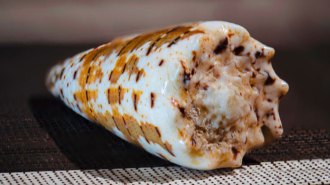 Animals
AnimalsCone snail venom may trick mate-seeking worms into becoming meals
Cone snail venom contains worm pheromone mimics, suggesting the chemicals may be used to lure worms during hunting.
-
 Health & Medicine
Health & MedicineSome COVID-19 survivors face another foe: PTSD
The rate of post-traumatic stress disorder among survivors of severe COVID-19 is comparable to the rate among survivors of some natural disasters.
-
 Archaeology
ArchaeologyA tour of ‘Four Lost Cities’ reveals modern ties to ancient people
In the book 'Four Lost Cities,' author Annalee Newitz uses cities of the past to show what might happen to cities in the future.
-
 Health & Medicine
Health & MedicineThe COVID-19 pandemic is now a year old. What have scientists learned?
As we enter the pandemic’s second year, researchers share what they’ve learned and what they look forward to.
-
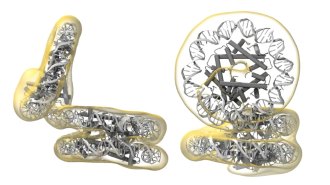 Microbes
MicrobesArchaea microbes fold, twist and contort their DNA in extreme ways
Single-celled archaea open and close their Slinky-like genetic material in a clamshell motion, possibly providing easy access to their genes.
-
 Anthropology
AnthropologyRiches in a Bronze Age grave suggest it holds a queen
Researchers have long assumed mostly men ran ancient Bronze Age societies, but the find points to a female ruler in Spain 3,700 years ago.
By Bruce Bower -
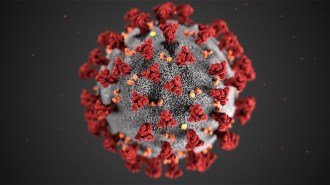 Health & Medicine
Health & MedicineA year ago, we asked 6 questions about COVID-19. Here’s how the answers evolved
A year after launching our Coronavirus Update newsletter, we revisit the first topics we wrote about.
-
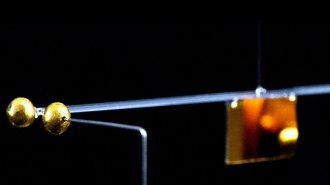 Physics
PhysicsA tiny gold ball is the smallest object to have its gravity measured
A gold sphere with a mass of about 90 milligrams pulled on another sphere in accordance with Newton’s law of universal gravitation.
-
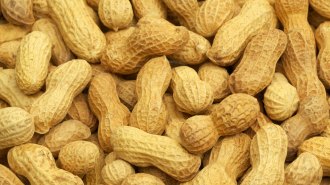 Health & Medicine
Health & MedicineAn experimental toothpaste aims to treat peanut allergy
By rolling an immune therapy into a toothbrushing routine, a company hopes to show its product can help build and maintain tolerance to allergens.
-
 Environment
EnvironmentThe world wasted nearly 1 billion metric tons of food in 2019
A new United Nations global food waste report shows where waste can be reduced, which would decrease hunger and greenhouse gas emissions.